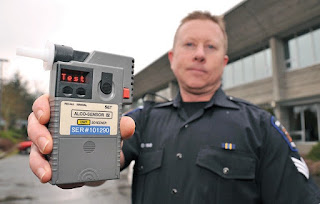The Classification of Offences in Canada
The Classification of Offences in Canada
Summary Conviction Offences
These types of offences can only be heard in the Court of Criminal Jurisdiction. They are also time bared under the Statute of Limitations – a charge can only be laid prior to 6 months after the commission of the crime – sec. 786(2) of the Criminal Code. A summary conviction charge will begin with a document called an information (which contains alleged facts by the police and prosecution on the case). The maximum sentence for a summary conviction offence is 6 months imprisonment or a $2,000 fine, or both.
Appeals for summary conviction offences are heard in the province’s Superior Court.
Indictable Offences
An accused can choose the trial either to be heard by a provincial court judge in the Court of Criminal Jurisdiction, a Superior Court Judge in the Superior Court of Criminal Jurisdiction, or by a Superior Court Judge and jury. This choosing process is referred to as an election.
Sec. 469 of the Criminal Code lists a series of offences which MUST be heard by a judge and jury, giving the accused no choice of election – usually more serious indictable offences.
Sec. 553 of the Criminal Code lists a series of offences which MUST be heard by a provincial judge – usually the less serious of the indictable offences - again, leaving the accused with no choice of election.
For trials headed to a Superior Court, they must first pass preliminary inquiry at the provincial court level (evidentiary hearing). Some indictable charges will begin with a document called an information, but once past the preliminary inquiry, the prosecution will re-file a document called an indictment in the Superior Court where the trial is to be heard.
Indictable offences are those usually classified as having a maximum sentence that exceeds 2 years (that’s not to say that that is the sentence that will be imposed).
Appeals for indictable offences are heard by the province’s Court of Appeal – with leave to the Supreme Court in certain matters.




Comments
Post a Comment